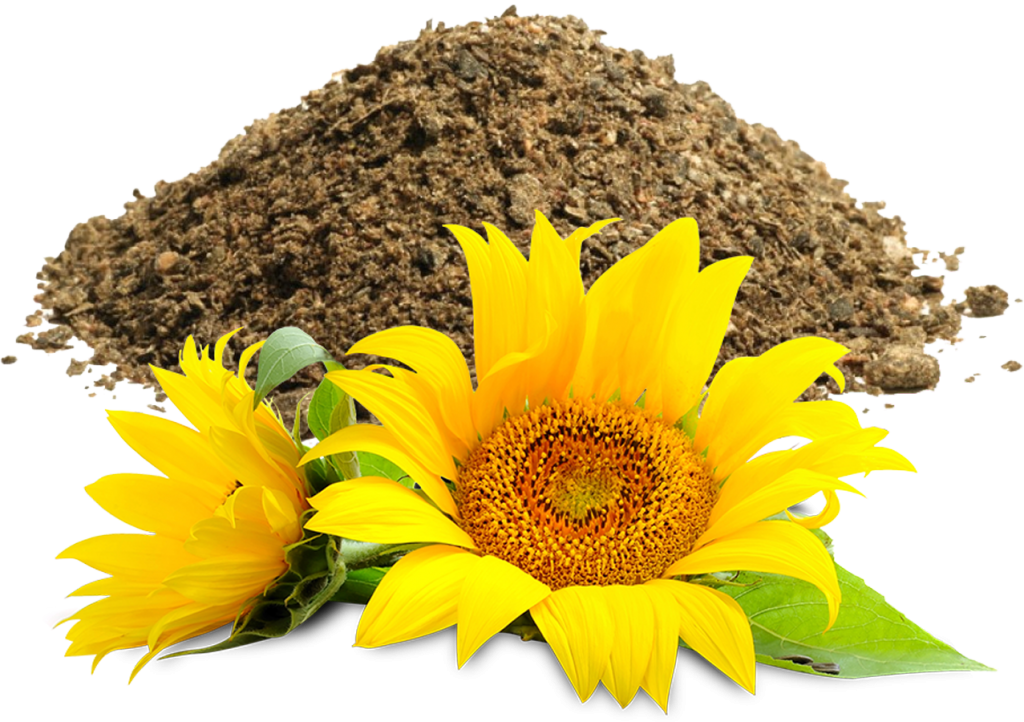Primarily grown for its seeds, sunflower produces oil for human consumption and industrial use. In recent years sunflower is being grown in South Africa, primarily as a source of vegetable oils and the area under cultivation of sunflower is continuously increasing.
Dairy animals are generally fed energy and protein concentrate supplements to increase milk production and stocking rates. The major protein sources used in dairy cattle production are oilseed meals.
Sunflower meal, also called sunflower oilcake, is a biologically and economically useful protein source for cattle. It is the product obtained by grinding flakes after most of the oil has been removed by either solvent or mechanical extraction processes.
In general, ruminants can utilise sunflower meal with its higher fibre levels more effectively than other species. The high oil content in the mechanically extracted oilcake provides greater energy density, which is a valuable attribute for animals with high energy requirements such as dairy cows.
Sunflower oilcake constitutes the fourth largest source of supplemental protein for livestock feeding after soybean meal, cottonseed meal, and canola meal. The nutritive value of sunflower oilcake (Table 1) depends on the oil extraction process and efficiency, variety of sunflower and the proportion of the hulls removed during processing. Sunflower oilcake with hulls is lower in protein and energy (0,60 vs. 0,67 Mcal NEI/lb) and higher in fibre than dehulled sunflower oilcake.

